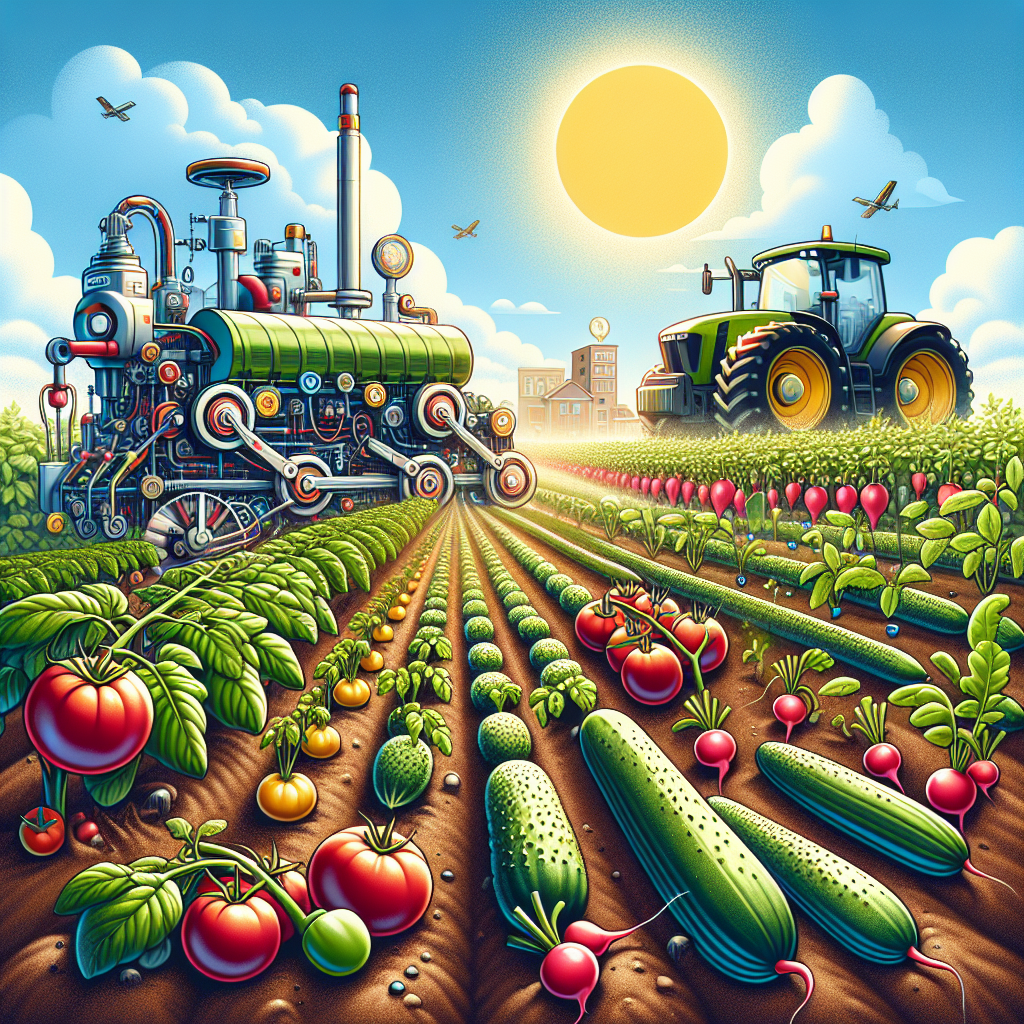Introduction
Vegetable gardening in Florida presents a unique set of challenges and opportunities due to its distinct climate and soil conditions. In this comprehensive guide, we will explore the key factors to consider for successful vegetable gardening in Florida.
Understanding the Florida Climate
Impact on Plant Growth
The climate in Florida is characterized by high temperatures, humidity, and intense sunlight, which can greatly influence plant growth. According to Dr. Green, a horticulture expert, 'Florida's climate provides both advantages and challenges for vegetable gardening. It is essential to select plants that can thrive in the heat and humidity of the region.'
Seasonal Considerations
Florida experiences two main growing seasons: fall/winter and spring/summer. Understanding the seasonal variations is crucial for selecting the right vegetables and planning planting schedules.
Choosing the Right Vegetables for Florida
Heat-Tolerant Varieties
In Florida, it is important to choose heat-tolerant vegetable varieties that can withstand the hot summer temperatures. Some examples of heat-tolerant vegetables include tomatoes, peppers, okra, and sweet potatoes.
Cold-Sensitive Plants
While Florida generally has mild winters, occasional frosts can occur, especially in northern regions. Gardeners should be cautious when planting cold-sensitive vegetables such as cucumbers, squash, and beans in the fall/winter season.
Soil Preparation and Nutrient Management
Soil Composition in Florida
Florida soils are often sandy and low in organic matter, which can impact nutrient retention and water-holding capacity. Conducting a soil test and amending the soil with compost or organic matter can help improve soil quality.
Fertilization Requirements
Proper fertilization is essential for healthy plant growth in Florida's sandy soils. Dr. Brown, a soil fertility expert, advises, 'Utilize slow-release fertilizers to provide a steady nutrient supply to plants throughout the growing season.'
Pests and Diseases to Watch Out For
Common Garden Pests in Florida
Florida's warm and humid climate creates an ideal environment for various pests, including aphids, whiteflies, and caterpillars. Implementing integrated pest management practices and using natural predators can help control pest populations.
Disease Management Strategies
Fungal diseases such as powdery mildew and bacterial infections can affect vegetable plants in Florida. Proper spacing, adequate ventilation, and watering at the base of plants can help prevent disease outbreaks.
Irrigation and Watering Techniques
Importance of Proper Watering
Water is a critical factor in vegetable gardening, especially in Florida's hot and dry periods. Dr. Waterman, an irrigation specialist, emphasizes the importance of watering deeply and infrequently to encourage deep root growth and drought tolerance.
Efficient Irrigation Practices
Drip irrigation systems are highly efficient in delivering water directly to the root zones of plants while minimizing water waste. Mulching around plants can also help retain soil moisture and regulate soil temperature.
Case Study: Successful Vegetable Garden in Florida
Best Practices and Lessons Learned
In a recent study by the Florida Agriculture Institute, a successful vegetable garden was established using raised beds, organic mulches, and companion planting techniques. By following a crop rotation schedule and monitoring for pests and diseases, the garden achieved high yields throughout the year.
Harvesting and Storage Tips
Optimal Harvesting Times for Vegetables
Harvesting vegetables at the peak of freshness is essential for flavor and nutritional quality. Refer to planting guides and observe plant maturity indicators to determine the best time for harvesting specific crops.
Proper Storage Methods
After harvesting, proper storage is crucial to extend the shelf life of vegetables. Storing produce in a cool, dry place or using preservation techniques such as canning or freezing can help maintain freshness.
Conclusion
Successful vegetable gardening in Florida requires a deep understanding of the local climate, soil conditions, plant selection, and maintenance practices. By incorporating best management practices and staying vigilant against pests and diseases, gardeners can cultivate thriving gardens year-round.
Call to Action: Join the Florida Vegetable Gardening Community
Engaging with local gardening associations, attending workshops, and sharing experiences with fellow gardeners can enrich your gardening knowledge and foster a sense of community. By joining the Florida vegetable gardening community, you can learn from others, exchange ideas, and contribute to the growing green movement in the region.
Topics




